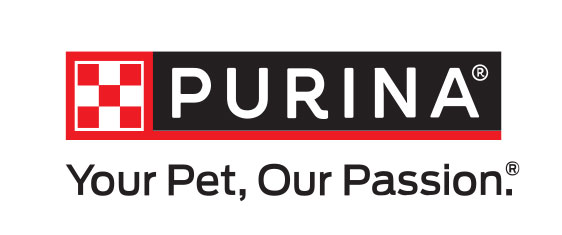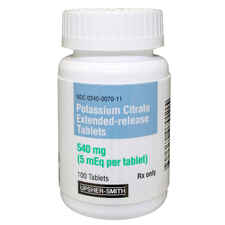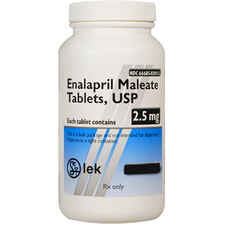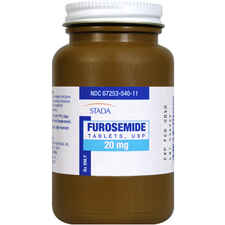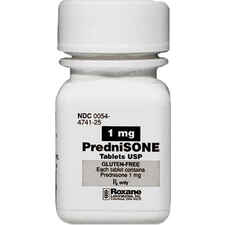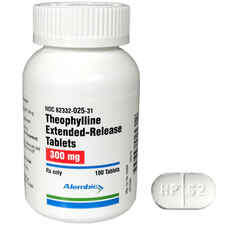Maintaining Your Pet's Potassium Levels
Doctor of Veterinary Medicine

While efforts are made to answer all questions as quickly as possible, if an immediate answer is required or if your pet is in need of urgent or emergency care, contact your pet's veterinarian immediately.
Doctor of Veterinary Medicine

You will receive an answer from Dr. Lindsay and our vet/tech team as soon as possible, usually the same day.
All answers are provided for informational or educational purposes only, and are intended to be a supplement to, and not a substitute for, the expertise and professional judgment of your pet's veterinarian.
It may be necessary to consult your pet's veterinarian regarding the applicability of any opinions or recommendations with respect to your pet's symptoms or medical condition.
CloseDoctor of Veterinary Medicine

An error has occurred, please reload the page and try again.
CloseWhile efforts are made to answer all questions as quickly as possible, if an immediate answer is required or if your pet is in need of urgent or emergency care, contact your pet's veterinarian immediately.
There is no answer related to your question
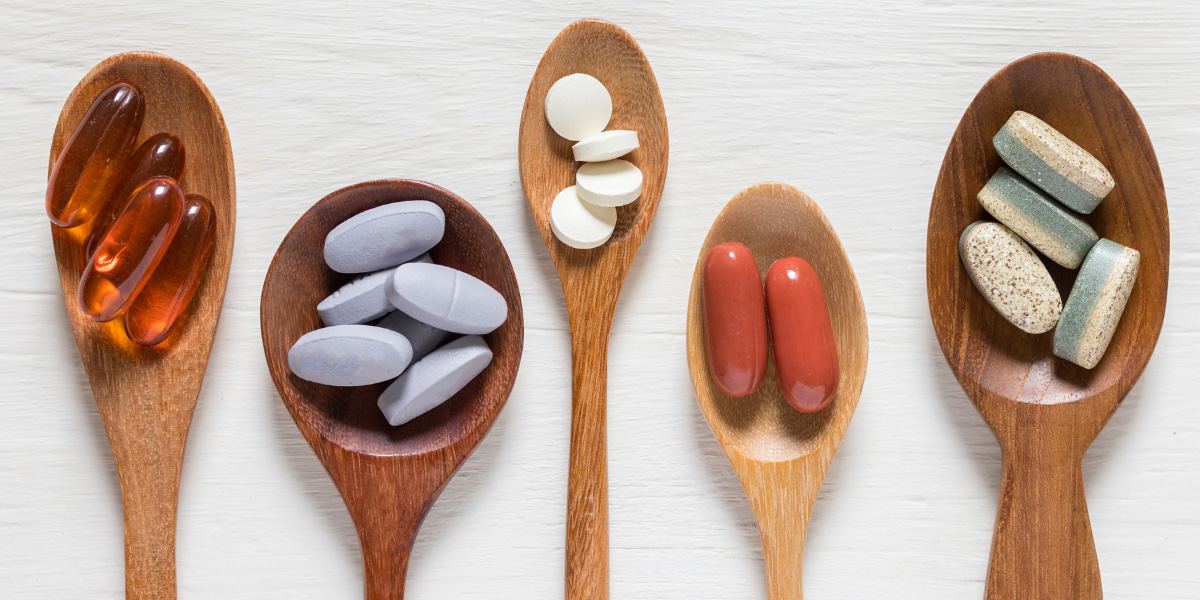
Potassium is a mineral that helps keep the kidneys functioning normally. Potassium is required for heart function and is important for normal digestion and muscle function as well. Proper potassium balance depends on the amount of sodium and magnesium in the blood. High salt (sodium) in the diet can lead to a loss of potassium. Certain medical conditions such as diarrhea, vomiting, malnutrition, or irritable bowel disease (IBD) can also cause a loss of potassium.
Hypokalemia, or low potassium, can result in weakness, lack of energy, muscle cramps, stomach problems, and irregular heartbeat. Hypokalemia is most often caused by too much of a loss of potassium in the urine or intestines. Hypokalemia can be treated with potassium supplements such as Tumil-K (Potassium gluconate) (Rx). Multivitamin/mineral combinations containing potassium, such as VitaChews, can be used daily to help prevent potassium loss.
Give potassium supplements
Potassium, as the nutritional supplement Potassium Citrate Granules, or Urocit-K (Rx) tablets, is also used in the prevention of kidney or bladder stones. Potassium Citrate increases urinary pH making the urine more alkaline. This helps prevent formation of calcium oxalate stones and uric acid stones.
Many medications can affect potassium levels in your pet's body
Medications that can cause an increase in potassium include NSAIDs (Rimadyl, Novox, Deramaxx), ACE inhibitors (Enalapril), Cyclosporine (Atopica), SMZ/TMP, Beta-blockers (Atenolol), and Spironolactone (Aldactone).
 Swipe
Swipe






